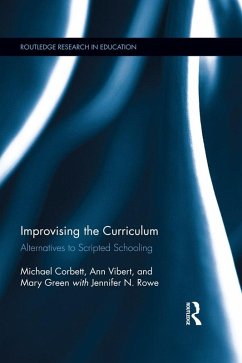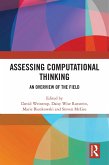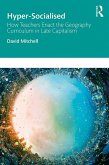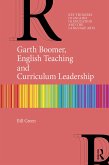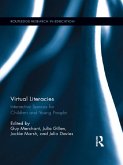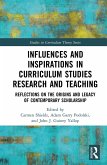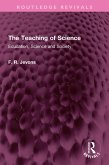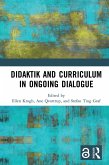Equipped with cultural tools like cell phones, computers and video cameras, youth are called upon to improvise and construct themselves symbolically in a continuously connected world; yet new teachers and students are still expected to learn and deliver standardized, placeless forms of scripted curriculum. This volume argues for improvisation as an approach to curriculum that recognizes the fundamentally creative aspects of learning that are often marginalized in communities of disadvantage. It provides interesting possibilities for schools that are working hard to keep up with technological, economic and cultural change, and argues for an improvised middle ground between structure and creativity.
This volume outlines a two-year research project performed in a Canadian middle school, where school staff used student filmmaking as a way to expand teachers' conceptions of literacy. It analyzes the response of students and parents as well as the student teachers that brought the program to the school. The improvisational techniques used while making the films paved the way for larger benefits of curricular improvisation to be explored.
Dieser Download kann aus rechtlichen Gründen nur mit Rechnungsadresse in A, B, BG, CY, CZ, D, DK, EW, E, FIN, F, GR, HR, H, IRL, I, LT, L, LR, M, NL, PL, P, R, S, SLO, SK ausgeliefert werden.

